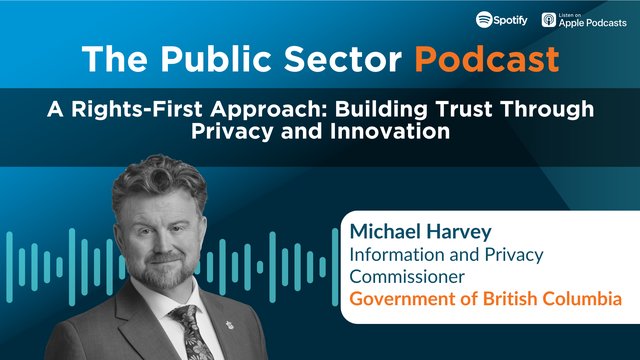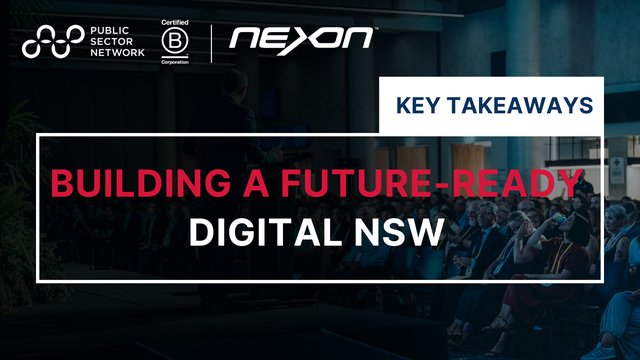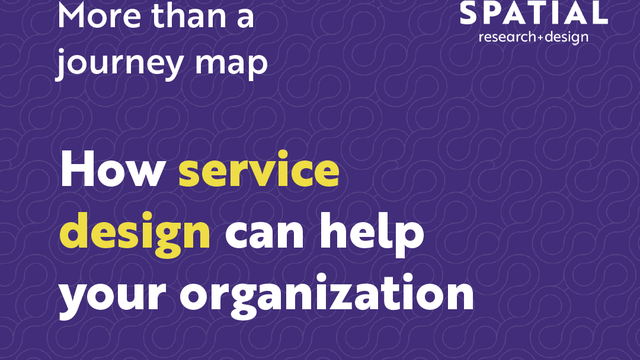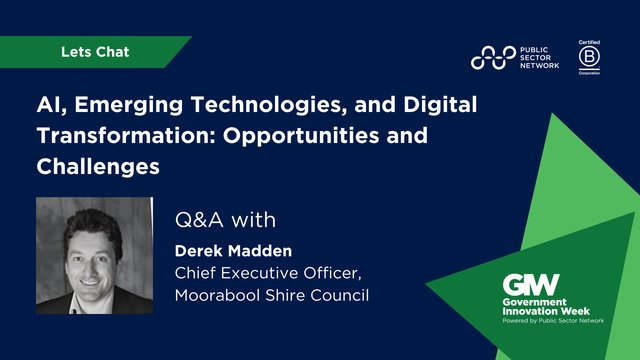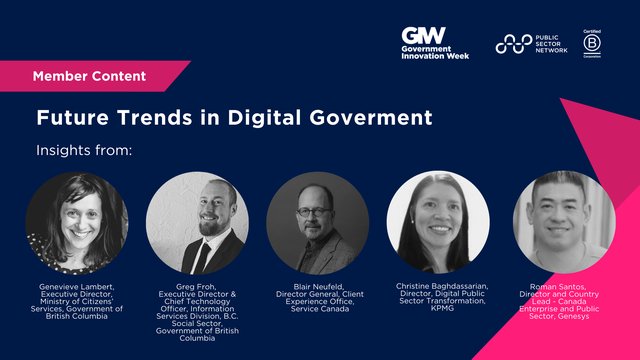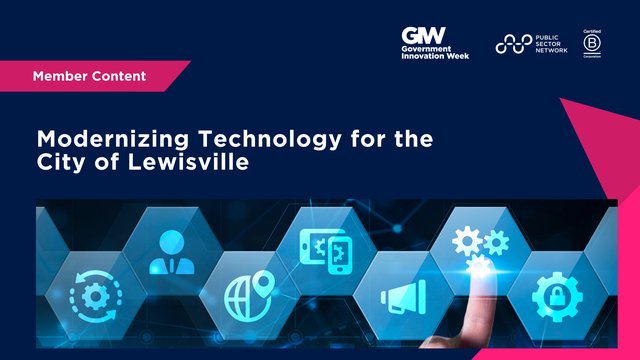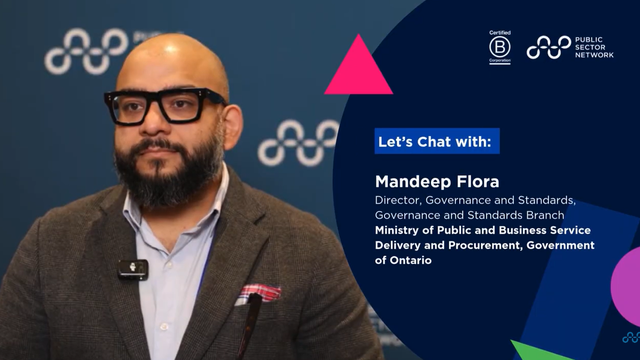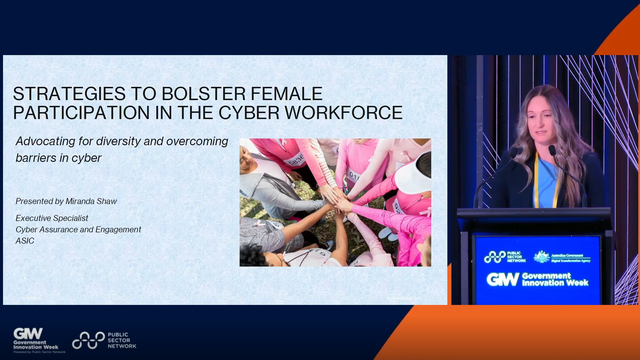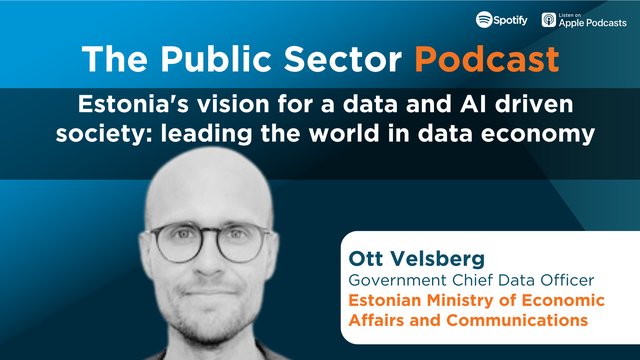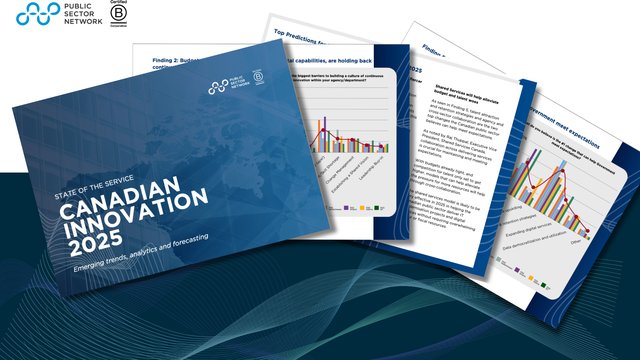
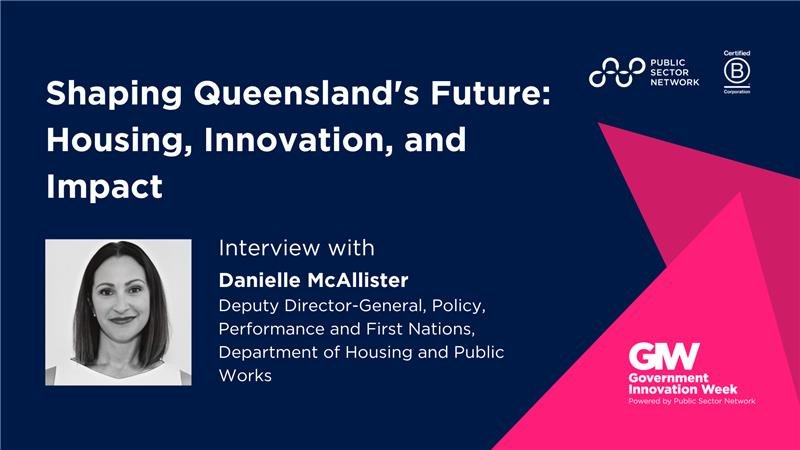
A Conversation with Danielle McAllister
We sat down with Danielle McAllister, Deputy Director-General, Policy, Performance and First Nations at the Department of Housing and Public Works, for a conversation over Microsoft Teams. Danielle shared candid insights into the policy challenges she leads, her career path from drama teacher to senior public servant, and her thoughts on how to spark momentum for change across government.
What challenges do you own in your organisation?
So I head up the Policy, Performance and First Nations division. That cuts across policy and performance – so all the data and evidence, as well as all of the policy development for housing and homelessness, and youth policy. That also includes intergovernmental relations – working across jurisdictions and with the Commonwealth to make sure the directions we’re heading in will actually result in improved outcomes for citizens.
There’s also the legislative remit – how we use that strongest form of policy to help gain those outcomes. Since last year, nightlife economies have also come into our division, which is a really interesting piece of work.
But the highest challenge at the moment – challenge and opportunity, I’d say – is articulating and creating the vision of the housing system and what that looks like in 20 years’ time, so in 2044. We have a time-limited team set up to develop this 20-year policy document and to set some of the actions for how we’re going to achieve that vision. It's a whole-of-government piece of work, because housing doesn’t exist on its own. It’s absolutely cross-government, cross-jurisdictional, and multi-stakeholder.
We’re traversing the planks that will unlock more land for housing – across planning and approvals – to build more homes sooner. We all hear a lot about how many more homes we need, both in Queensland and across the nation. So we're looking at productivity measures, social housing capital investment, and of course the really key one-million new homes target that the government has set by 2044. We’re working with the private sector to deliver those homes, boosting home ownership – including First Nations home ownership – and easing housing pressures for all Queenslanders.
That includes rental settings, private markets like retirement villages and manufactured home parks, and different mechanisms like that. And then of course, helping Queenslanders in need – that goes to our social housing supports and how we address and reduce homelessness, so people aren’t entering into homelessness.
Can you share your career journey so far? Would you say it was conventional?
No – I’m not quite sure what a conventional career looks like these days! People take such wide and varied pathways. But my journey hasn’t been linear, by any means.
I started off as a drama teacher, which I loved. I was out in the country for a number of years, then came back to Brisbane to be closer to family when I started my own. I loved teaching young teenagers and young adults. A number of kids I taught went on to become drama teachers too, which is really nice – knowing you’ve had that sort of impact.
I then went into the Department. The opportunity to have a much broader span of influence and positive impact on young people’s lives was really compelling. I worked across schooling and early childhood policy, state schooling operations – everything from attendance to student behaviour, students with disability, parent and community engagement, and all the operations that make a school tick. That was my patch, and it was really exciting and interesting.
But I got to a point where I was ready for a change. I went on to head up the economic policy portfolio in the Department of Premier and Cabinet. So from drama teacher to economic advisor for the Premier – a bit of a shift! There’s no clear direct line, but I’ve always come from a policy perspective. It’s about asking good questions, working with stakeholders, looking at the data and evidence, pulling problems apart, and exploring the options and their impact.
That role covered treasury, state development, infrastructure planning, transport and main roads, education, small business, training and skills, employment, tourism – a large portfolio. And all during COVID, so every year felt like three!
Then I went into what was then the Department of Resources and headed up the Lands Division. That was exciting because it was quite different – a large operational span right across Queensland. It covered native title, vegetation management, land titles – about 68% of Queensland is owned by the state, so we’re the largest landlord in that regard. That includes the islands up and down the coast, which was fascinating.
And from there I’ve come into Housing and Public Works, which, as I mentioned before, involves some really exciting policy development. Why do I move across these areas? Because it’s where the big policy challenges are – where you can have the biggest impact. From educating our next generation, to focusing on economic impacts and recovery across the COVID period and now it's housing. The policy work we’re doing now is about setting Queensland and our people up for future success – making sure we’re putting the right interventions in place now for safe and secure homes in the future.
Don’t miss Danielle McAllister live at the Government Innovation Showcase Queensland on the 3rd of September 2025. She will be discussing Contemporary QLD Government Services: Progressing A Customer-Centric Government and A Truly Inclusive Society with her panel at 12:20PM
Register here.
View the agenda here.
And on that career note – what’s your advice for someone looking to progress to the next level in the public sector?
I’ve sat on panels and sessions where people talk about building the skill to say no when you can’t take on any more. But I’d say: always say yes. You never know when an opportunity will open doors. You need to know where to deprioritise the less crucial work, sure – but the piece of work you say yes to might be the one that makes a real difference and lets you drive something forward. That could be the opportunity that helps you take the next step or gets you visibility with someone who’s looking for exactly what you bring.
I’d also say: always be kind. Everyone’s trying to do their job and deserves to be treated with kindness and respect. That’s not necessarily a tip for progression, but it’s something we should all live by – just be good humans to each other.
And know your value. Even if you don’t get that next step or promotion, know what you bring to the table. The opportunity will come – it’s just a matter of when.
How do you get your team, senior leadership, and the public excited for a new initiative?
Well, being a bit of a policy wonk, I love new initiatives – and I love building the case for them.
Start with the evidence base. Where have evaluations been done – globally or in other jurisdictions – that you can point to? What’s the data? What creates that burning platform of “why” – why should we take this on?
Then make sure you pull all the stakeholders together and get their views across the initiative. You also need strategic alignment – what’s the hook into the broader direction of the day? If your initiative doesn’t have that hook, you won’t get the buy-in.
Once you’ve built the case and got alignment, it’s about building momentum – delivering small wins, showing progress, all while keeping the long game in mind. Even short-term initiatives need to have a strategic lens. What’s this going to do in five or ten years, and how do we get there?
You need a coalition of the willing – internal teams, government, external stakeholders. Get people talking up the initiative and its direction – that keeps the momentum going. And finally, communication is key. If you don’t have the right pitch, you won’t cut through. Getting the pitch right up front will hold you in good stead.
And finally, from a big-picture view – what does an innovative public sector look like to you, especially in Queensland’s context?
I love this question. There are already some really wonderful pockets of innovation in the public sector – the key is building their profile.
To me, innovation is about always challenging the status quo. That doesn’t mean the status quo is wrong – but we need inquisitive minds that test whether we’re in the right place with the right settings. Ask good questions – with respect and kindness – and unpack where we are, so we know where we want to go.
It’s about working across silos. No agency can operate in isolation anymore. We need to collaborate, work with our interstate colleagues, and learn from each other. We’re one country – where can we align, where does it make sense?
Evidence-based decision making is vital, but we also shouldn’t be afraid to try new things. Sometimes fear can hold us back from testing new approaches. Going back to challenging the status quo – that mindset opens us up to new technologies, new ways of working, new funding models. We should be piloting and testing to see what works better. That’s how we’ll build an innovative and inquisitive public sector for the future.
Don’t miss Danielle McAllister live at the Government Innovation Showcase Queensland on the 3rd of September 2025. She will be discussing Contemporary QLD Government Services: Progressing A Customer-Centric Government and A Truly Inclusive Society with her panel at 12:20PM
Register here.
View the agenda here.

